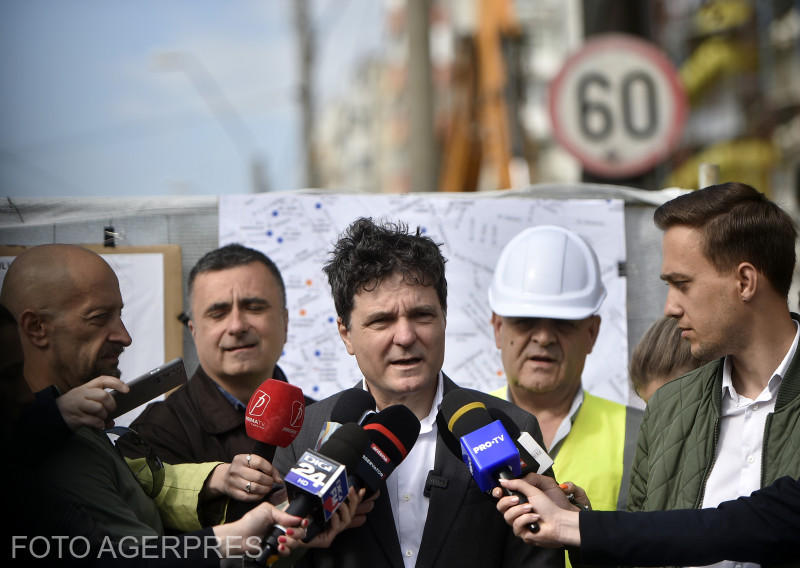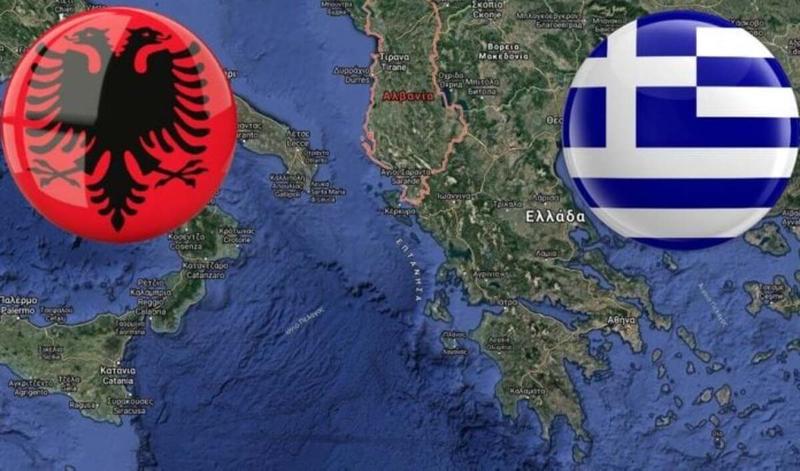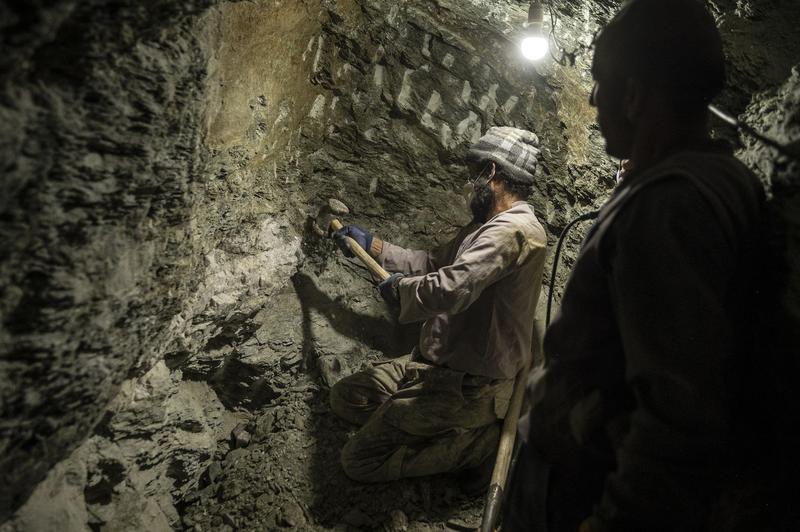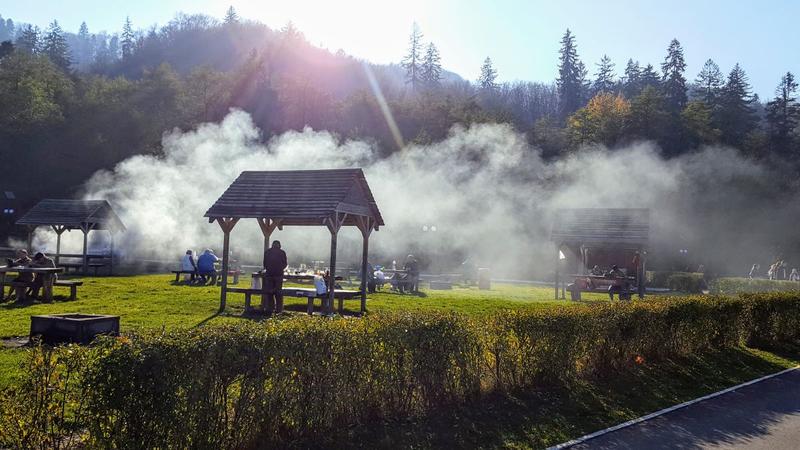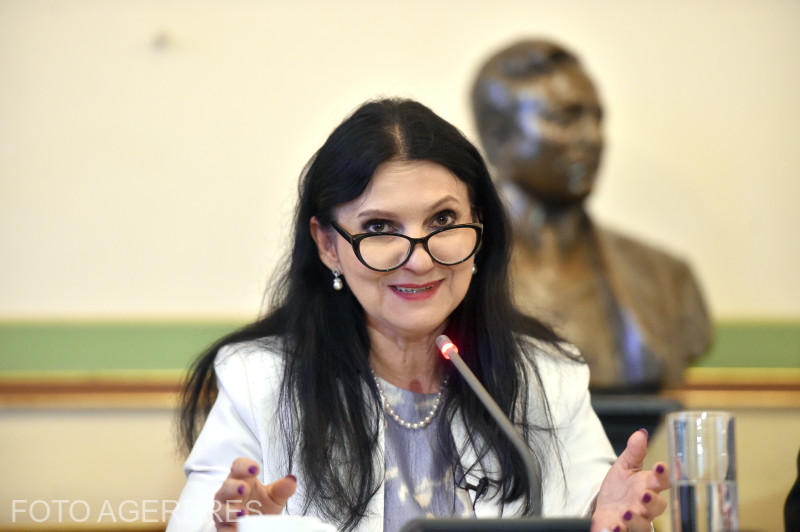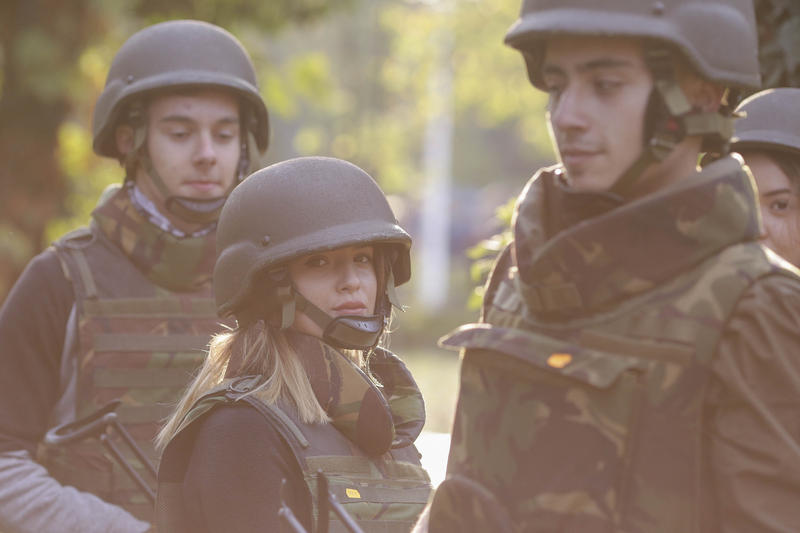The economic crisis has cast a shadow over one year of democracy in Moldova. Elsewhere in the news, one publication claims Romania has 50 ways to encourage people not to work. Last but not least, donations made to parties have been rewarded with business contracts with the state.
The economic crisis has cast a shadow over one year of democracy in Moldova, Evenimentul Zilei reads. 12 months after the social unrest in Chisinau, Moldavians are poorer, but free from the communist terror. Nevertheless, many of them intend to leave the country, because of low incomes and high prices. From the beginning of the year, prices in Moldova have gone up in all essential departments: gas, electricity, heating, food and public transport. Low wages encourage the youth to leave the state.
Moldavians don't understand why the truth about what happened a year ago has not been investigated and made public. The parliamentary commission to research the facts promised a report for April 7. People crave to know who hurt and humiliated the young protesters. They mostly blame the communists, for creating a criminal network within the state's system.
Adevarul claims the Romanian states has 50 ways to encourage people not to work. 9.5 million Romanians, nearly a half of the population, get at least one kind of state benefit. Sociologists and experts warn that the Romanian social benefits system is inefficient and makes people depend on the state. 2.4 billion euros are spent yearly to pay up 50 types of state benefits.
Heating support, maternity leaves and child benefits are the most common state benefits. According to Adevarul, the easiest one to get is the minimum guaranteed income (VMG), which can be obtained as a result of a mere formality, instead of a social investigation. The VMG is granted to people who have to survive on a salary which is considered below the poverty line - 100 lei per person in 2009. Despite of the low value of the benefit, the paper argues that many families, especially in rural areas, end up living on this particular benefit.
People who get the VMG may have their heating sponsored by the state, a 15% plus for the child's monthly allowance and a health insurance paid from the state budget. Social assistants that should conduct investigations are insufficient, which makes people in need unable to get benefits, while people who forget to declare parts of their wealth enjoy the support. In Timisoara (West), nearly 1,000 out of 6,000 people were proven unfit to get state benefits. Over 70% of the social assistants working in rural areas are not qualified.
On top of that, 670,000 people have been declared physically impaired, in contrast with the figures in 1992, namely 80,000. This can be related with the fact that the ex-communist regime did not register the physically impaired and after the first statistics in 1992, people understood impairment was not something to be ashamed of. But the newspaper insists that from 2007 to 2009, the number of physically impaired increased by 200,000 and is therefore suspicious.
Donations made to parties have been rewarded with signing business contracts with the state, Romania Libera informs. The publication points out to the donors of the party in power – the Liberal-Democrats – that have enjoyed substantial contracts with public institutions. Some companies have also sponsored the Social-Democrats, a party which received 21 million lei worth of donations last year.
Here are the names of the companies that donated money to parties and receives good contracts with local councils, National Railway, National Lottery, Romsilva and the Health Ministry, to name just a few: Transilvania Construcţii SA, Lukoil, SC UMR SA, Greenbau Tehnologie SRL, Bercas SA, Restaco SRL, SC General Concrete Cernavoda SRL, SC Victor Construct SRL, Construcţii Unu SA Iaşi, SC Criseni SRL, SC Popeci Utilaj Greu SA, Asesoft Internaţional SA, Teamnet Internaţional, Titan Echipamente Nucleare SA, Paul Construct Impex SRL, SC Artego SA, SC Prima Glass SRL, Moldocor SA, Argos Industrial SRL, SC Master Chem Oil.
